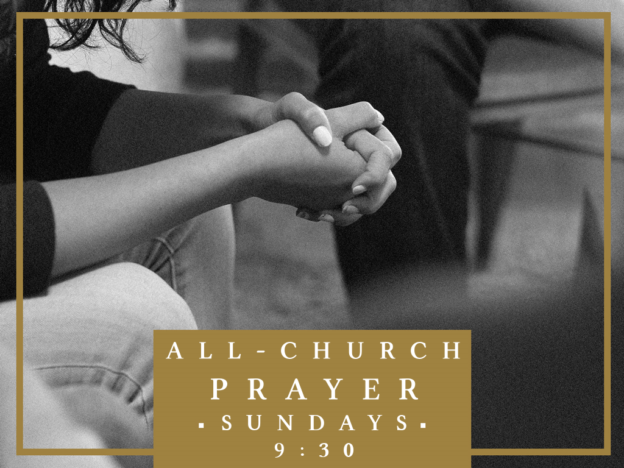Prayer is, in one sense, the simplest thing in the world; it is conversation with God, relationship with the Creator in whose image we are created. Prayer draws us close to a God willing to call us—as he called Abraham—friend.
Yet in another sense, prayer is the most difficult task we can undertake. After all, that same Creator is infinitely greater than us, unimaginably distinct in spite of the image we share; and in prayer, we dare to step into the throne room of the Almighty, in which Isaiah cried, “Woe to me! I am ruined! For … my eyes have seen the King, the LORD Almighty!”
For most people I know, prayer is difficult for other reasons, too. It is like wind blowing across a desolate, cloudless landscape: we feel it, but have no sense of its impact, no movement to suggest that it is doing anything. In the absence of visual evidence, we begin to believe that prayer has no effect; it doesn’t do anything. And seeing nothing, we cease to believe in prayer.
This is one reason we need to pray with others: to increase our faith. The late Henri J.M. Nouwen, Catholic priest and author, writes this:
“We cannot live a spiritual life alone. The life of the Spirit is like a seed that needs fertile ground to grow. … It is very hard to live a life of prayer in [an environment] where no one prays or speaks lovingly about prayer.”
(In “Here and Now”)
Most of don’t live in an environment with people who “pray or speak lovingly about prayer.” We live, rather, in a world that believes prayer to be a superstitious crutch, “the last resort of people who have run out of ideas.”* Between our own wavering belief and the disdain of those around us, prayer becomes a meaningless, fruitless exercise; a religious ritual from a bygone era.
I want to rescue prayer from this meaninglessness. What is truly needed, though, is for prayer to rescue us from our despair.
This is why prayer together is so essential.
When we pray together, we cultivate the soil of our souls, nurturing that seed of the Spirit. Our own prayers are fertilized by the faith of others, and fertilize their faith in turn. Together, we boldly enter that awesome throne room of the Almighty. Together, we bow humbly in his presence, acknowledging both our unworthiness and his invitation, “Come!” Together, we agree that God delights in us, is pleased by our worship, enjoys our presence with him. Together, we press through the distractions that inhibit our own prayers and arrive at the place of communion with God and with each other.
And so, my invitation: Find a few people and pray together each week in November. (At my church, I’m inviting everyone to pray together before our services on Sunday. That would be a good time to pray with your church, too. Your pastor would love it!)
Let’s find out what God will do in us and through us as we pray together.
*So wrote atheist Hemant Mehta in The New York Times, June 27, 2013. (https://www.nytimes.com/roomfordebate/2013/06/27/should-atheists-pray/prayer-is-useless-and-has-a-downside. Accessed online 10/30/18.)


 “Make every effort to live in peace with everyone….” (Hebrews 12:14, NIV)
“Make every effort to live in peace with everyone….” (Hebrews 12:14, NIV)
 With both apologies and gratitude to Sir Paul McCartney and his mates in the Beatles, the long and winding road is an apt description of the journey my family has been on for the past four years. What began as a somewhat uncertain yet anticipatory search for a Lead Pastor role melted into a desert meander through loss, death, grief, depression, questioning, doubting, and more. Yet milestone after faded milestone seemed to confirm two things: first, we were on the right path; and second, that path was leading to a pastoral role. Specifically where the path would lead was an unanswered question.
With both apologies and gratitude to Sir Paul McCartney and his mates in the Beatles, the long and winding road is an apt description of the journey my family has been on for the past four years. What began as a somewhat uncertain yet anticipatory search for a Lead Pastor role melted into a desert meander through loss, death, grief, depression, questioning, doubting, and more. Yet milestone after faded milestone seemed to confirm two things: first, we were on the right path; and second, that path was leading to a pastoral role. Specifically where the path would lead was an unanswered question.